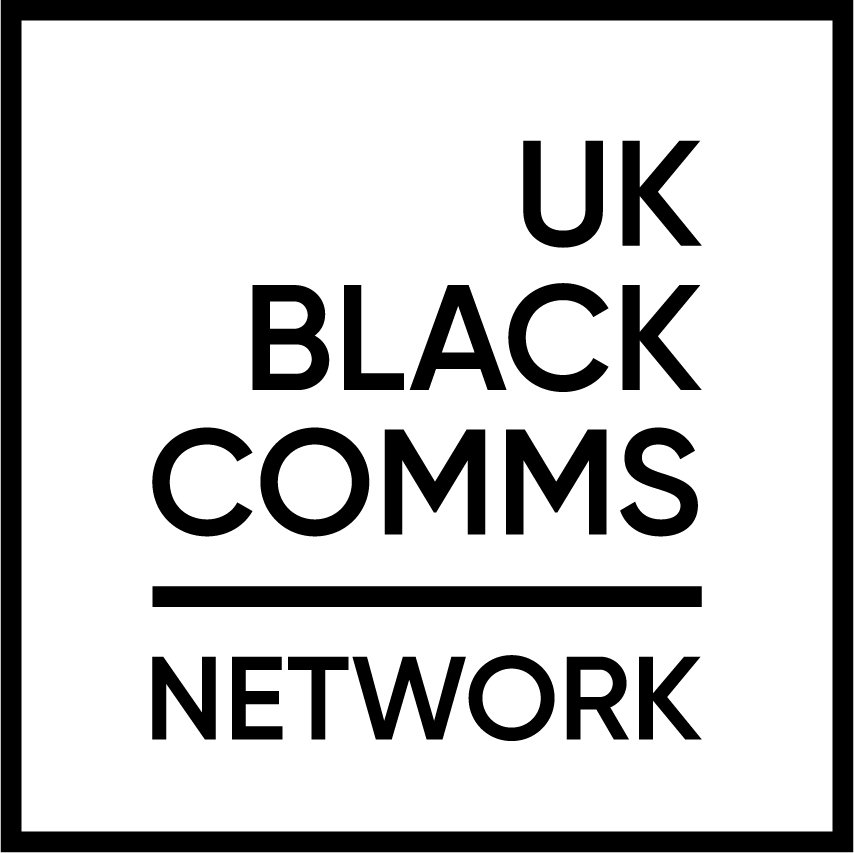London mayoral candidates should commit to tackling systemic racism head on say leading public affairs consultants
The London mayoral election is on the 6th May. UK Black Comms Network Member Tennessee Watt spoke to experienced Black public affairs consultants Kayode Akinola and Antonia Fagbohun about whit it will take more than a one-size-fits-all approach to engage Black voters, and the importance of taking accountability and action.
The local elections come at a time when discussion around the issue of systemic racism in the UK is at an all-time high. It is just over a month since the controversial Government-commissioned Sewell report was launched and its findings, which denied the existence of systemic racism in the UK, were widely criticised by the Black community.
Antonia Fagbohun, founder of a PR agency focused on securing coverage for underrepresented groups and a UK BCN Member believes that, while the report may have been "gaslighting at a policy level", it reignited a conversation around racial equality in the UK and may have even given equality campaigning groups a boost when it came to securing press coverage.
Antonia supports the All Black Coalition (ABC) - a UK based non-profit campaigning for racial equality in the aftermath of the murder of George Floyd - with its communications. The Coalition recently launched a six-point manifesto with the aim of convincing mayoral candidates to commit to addressing specific areas of racial inequality. The manifesto includes requests such as the introduction of "mandatory ethnic pay gap reporting" and "antiracism and unconscious bias training to be introduced for all teachers & pupils."
"The manifesto is to create accountability," Antonia states. "If one of them is elected and then down the line they're not doing what they said they would, we can be like 'Well, there was a Black manifesto signed by X number of community groups and people. You knew what we were asking for and you did respond. Rather than talking about it and allowing politicians to just stay stuff and go, we're giving them direct, actionable points for them to work on."
According to Antonia, Black voters are disheartened by generic statements prepared by politician's PR advisors. They are looking for commitments and, more importantly, consistent actions.
"They (the ABC) felt that politicians were saying the right thing but not giving actionable responses. A lot of what they said was canned comments. As Black people, it's really hard to pinpoint which political party is best for us because a lot of them say the same politically correct statements."
Antonia believes that the All Black Coalition's manifesto, in addition to an open letter signed by several Black community organisations, is a step towards gaining authentic action from leaders. She says the Coalition is different to other political campaigns for racial equality because, in addition to gaining backing from high profile groups like Black Lives Matter UK, it is dedicated to engaging at a grassroots level.
"This is more on the ground. We're not activists day-to-day. We're engaging members of the Black community that typically would be ignored. We're talking about small community groups from little boroughs in London. It's more reflective of the community."
However, addressing racial inequality will take more than a one-size-fits-all approach from both the Coalition and political leaders. Within the Black community, there are differences in how subsections are affected by issues of inequality, as well as their views on the appropriate approaches to address them.
"Anti-racism and unconscious bias training - a lot of Black community groups don't agree with things like that, and some do. We're really keen to get as many signatures as possible. What we don't want is that we're just representing people in arts, for example."
Kayode Akinola, Director of UK Public Affairs at global real estate services company JLL, echoes this sentiment.
"In terms of engaging Black voters, I think it's important to bear in mind that we shouldn't just look at Black voters as one homogenous group. In the UK, the Black people here have mixed, and varied backgrounds and ideologies, and different things that influence them. You have the Caribbean community, the West African community, East African communities. All of those groups are slightly different and have slightly different motivations. I think it's important to understand what each of their individual challenges are when you're reaching them."
But with systemic racism, by definition, being wide-reaching and complex, what are the issues that candidates should prioritise to gain the support of Black Britons? Kayode feels that "policing is top of the list."
"There are issues around stop and search and young Black men being stopped disproportionately. These are lived experiences. People aren't making this up, when they say they've been stopped unjustly X many times. Candidates need to come out and be brave enough to say what they really think, acknowledge that there is an issue and put forward how they might approach it going forward."
There is also the rising problem of racism via social media.
"It seems like after every football match, there's another Black player that says they've been racially abused. Any candidate getting tough of the social media companies, and really holding them to account, and making them responsible for doing something about this will be attractive to Black voters."
Plus, Black people have been disproportionately affected by increasing unemployment due to COVID-19. During the second half of 2020 more than one in three (34 per cent) black young people aged 16-24 were out of work, compared to just 13 per cent of their white peers.
Kayode thinks this is another important area for political leaders to focus on.
"The challenge around that is that it means rectifying inequalities within the roles that Black people occupy the most."
Both Kayode and Antonia agree, that while turnout is generally lower for mayoral elections, politicians that wish to engage Black Britons by tackling systemic inequality must be in it for the long-haul.

